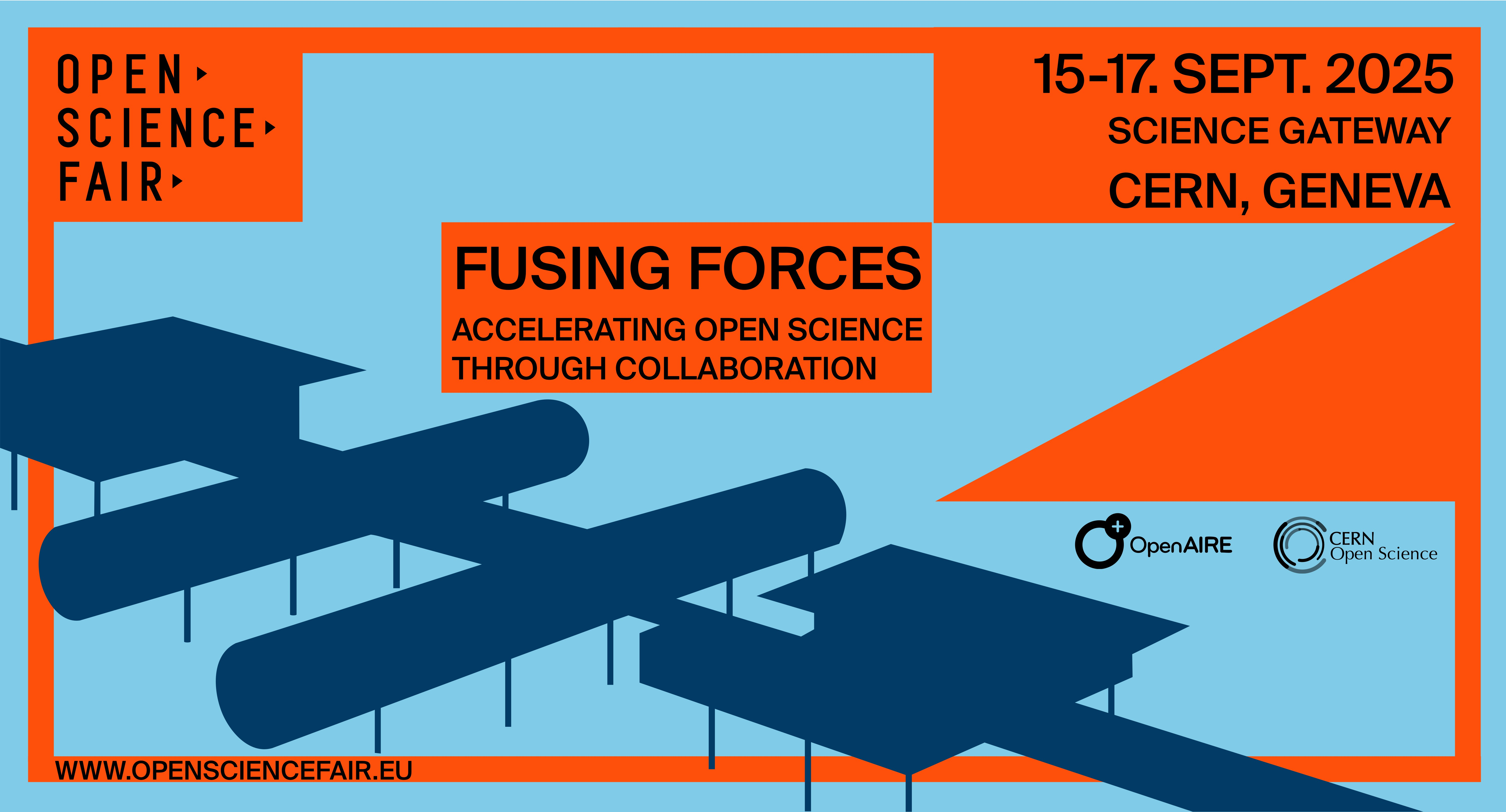Speaker
Description
Throughout history, scientists have been both influenced by and constrained by the societal context in which they conduct their research. Scientific practices evolve as societies evolve. Who conducts scientific research, what tools and methods are available to them, what norms there are for dissemination of scientific knowledge, and how the society at large views the importance and trustworthiness of scientific results all have an effect on the scientific culture of the time. Major scientific and technological innovations can and do disrupt many aspects of society, including scholarly research. Whether we, as scientists, embrace these disruptors, ignore them, or even condemn them can have a direct impact on scientific progress, either accelerating or restraining our ability to address important societal challenges of the era.
Extraordinary scientific and technological advances in the latter part of the twentieth century and the first quarter of this century have led to profound and transformative changes in almost every facet of life. This talk will discuss some of these advances and consider the impact they have had and continue to have on scientific culture as we know it today. The talk will conclude with thoughts on some of the unintended consequences of these enormous changes, and how scientists themselves can work to ensure that their practices lead to the best possible science in service of the greater public good.
